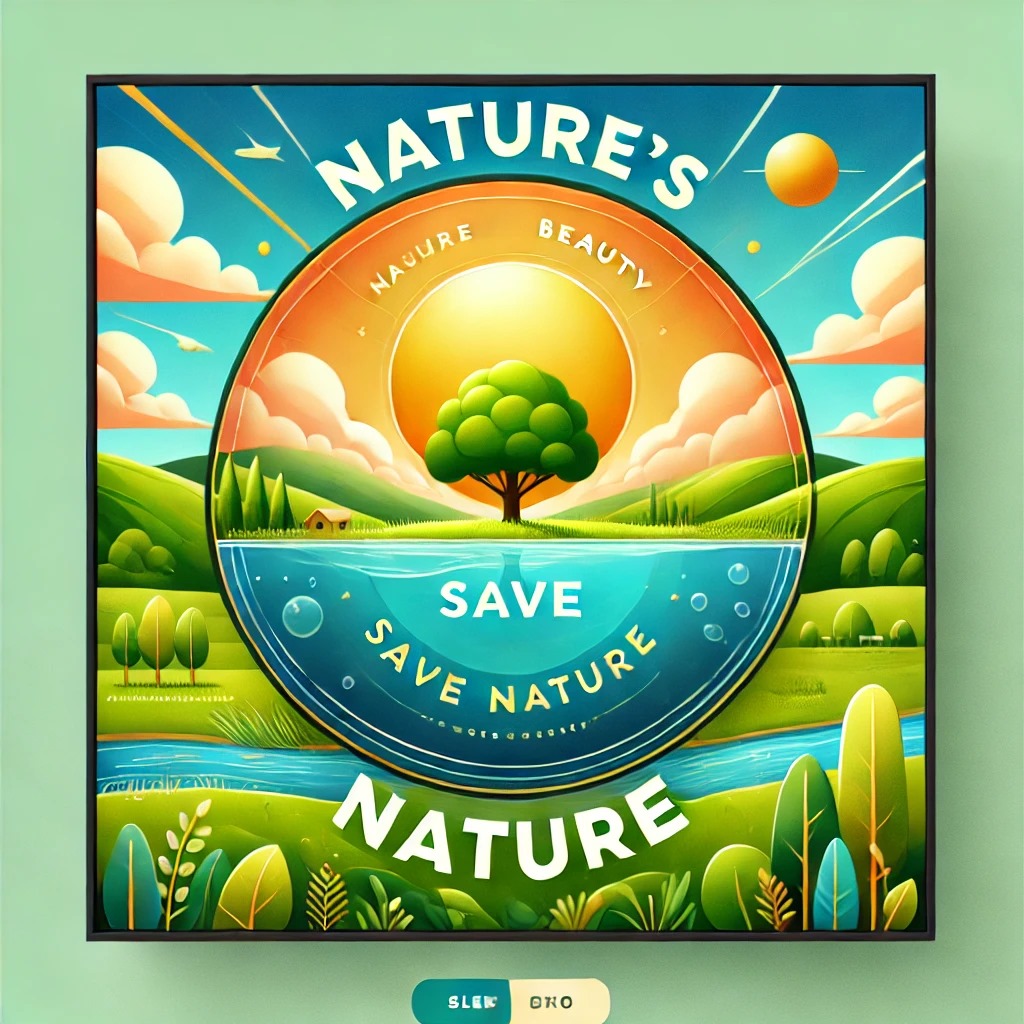The Beauty and Importance of Nature
Nature, our planet’s most precious gift, is a vast canvas of breathtaking landscapes, vibrant ecosystems, and infinite wonders. From towering mountains to serene oceans, nature has the power to inspire, heal, and nurture life. In this blog, we explore the significance of nature, its role in our well-being, and why preserving it is crucial for future generations.
The Wonders of Nature
Diverse Ecosystems
Nature boasts an incredible variety of ecosystems, each teeming with life. Forests, wetlands, deserts, and coral reefs are home to countless species, many of which are yet to be discovered. These ecosystems not only support biodiversity but also provide essential services like clean air, water, and food.
Stunning Landscapes
From the awe-inspiring Grand Canyon to the tranquil backwaters of Kerala, nature’s landscapes captivate our senses. These natural wonders remind us of the Earth’s beauty and the intricate forces that shaped it over millions of years.
Natural Phenomena
Nature amazes us with phenomena like the Northern Lights, bioluminescent beaches, and eclipses. These occurrences ignite curiosity and deepen our connection with the universe.
The Role of Nature in Our Lives
Physical Health
Spending time in nature boosts physical health. Activities like hiking, swimming, and gardening improve cardiovascular fitness, strengthen muscles, and reduce the risk of chronic diseases.
Mental Well-being
Nature has a profound impact on mental health. Research shows that exposure to green spaces reduces stress, anxiety, and depression. A walk in the woods or simply listening to birdsong can calm the mind and enhance focus.
Economic Benefits
Nature contributes significantly to the economy through tourism, agriculture, and natural resources. Ecotourism, in particular, has gained popularity for promoting sustainable practices and supporting local communities.
The Urgent Need to Protect Nature
Climate Change
Human activities like deforestation, pollution, and overconsumption have led to climate change, threatening nature’s delicate balance. Rising temperatures, melting ice caps, and extreme weather events are stark reminders of the need for action.
Biodiversity Loss
The extinction of species disrupts ecosystems and diminishes the planet’s resilience. Protecting endangered species and their habitats is vital to maintaining ecological harmony.
Sustainable Living
Adopting sustainable practices like reducing waste, conserving energy, and using eco-friendly products can help mitigate our impact on nature. Small changes in daily habits can collectively make a significant difference.

How You Can Connect with Nature
Explore the Outdoors
Take time to explore local parks, nature reserves, and hiking trails. These experiences can foster a deeper appreciation for the environment.
Support Conservation Efforts
Donate to organizations working to protect nature or participate in local clean-up drives and tree-planting initiatives.
Educate and Inspire
Share your knowledge about nature with friends and family. Inspire others to adopt eco-friendly practices and advocate for policies that prioritize environmental protection.
Conclusion
Nature is not just a source of beauty and inspiration; it is the foundation of life on Earth. By valuing and protecting it, we ensure a healthier, more sustainable future for ourselves and generations to come. Let us embrace the wonders of nature and commit to its preservation, for it is our shared responsibility to safeguard this priceless gift.




